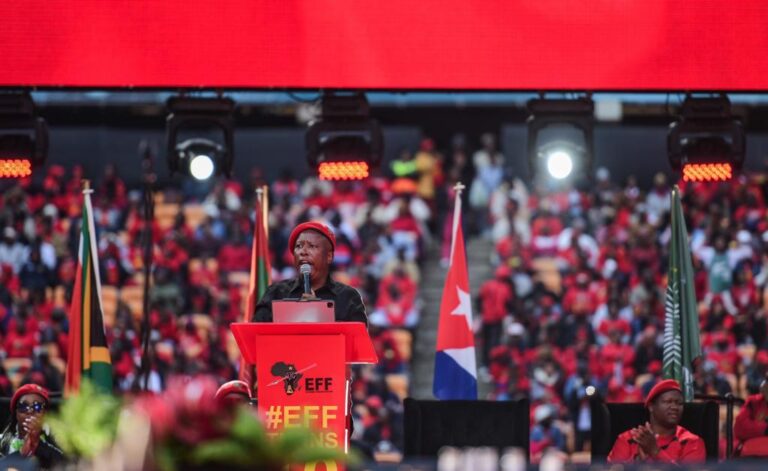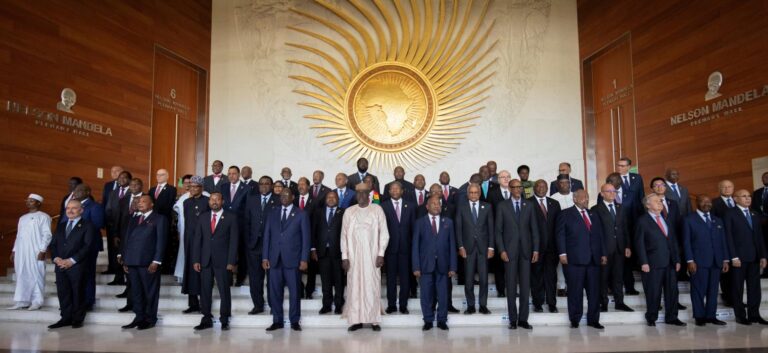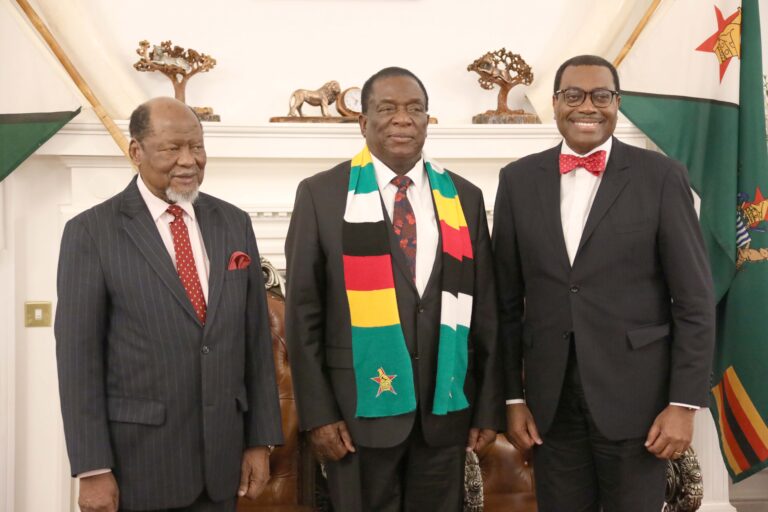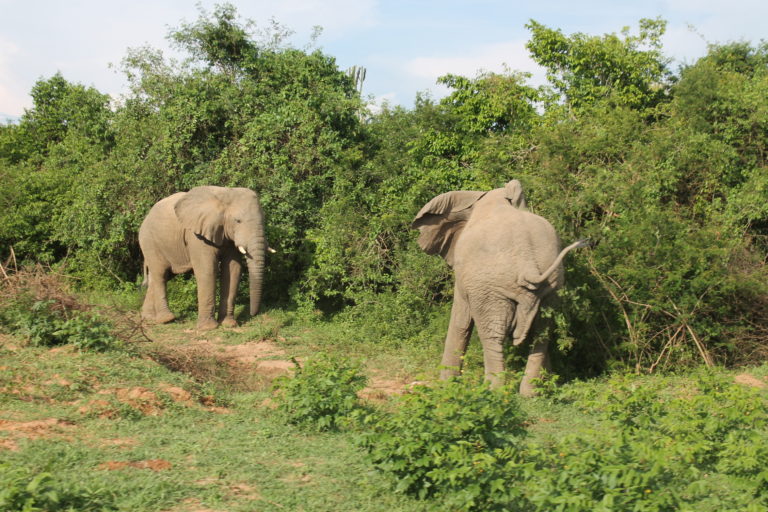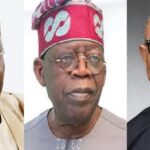A packed FNB stadium with over one hundred thousand supporters demonstrated the mass appeal of the Economic Freedom Fighters (EFF) amongst South African voters at the party’s ten-year anniversary held on July 30, 2023.
The left-leaning party founded ten years ago with Julius Malema as its Commander-in-Chief is described as a radical, pro-poor, pro-black, pro-workers party by its National Spokesperson, Leigh-Ann Mathys, who spoke to Ubuntu Times on the successes, challenges, and future the party holds for its over one million supporters.
She also spoke about how the organization plans to address the issues facing South African youth, such as high unemployment and a lack of access to basic services such as healthcare, quality education, land, and decent housing.
Mathys says the party has seen significant, consistent growth since its inception ten years ago, not only in the number of people attending their rallies but also at the national and provincial level, where the party managed to garner support to grow the number of seats it occupies in the chambers.
The EFF managed to grow its electoral support by seventy percent between the 2014 and 2019 elections. The party increased its seats in the National Assembly from twenty-five in 2014 to 44 in the 2019 elections.
The same upward trend also occurred at the provincial and municipal levels.
“In terms of both membership and in terms of public support, we have seen consistent growth since our inception ten years ago. We have also seen an increase of our seats both in parliament and the provincial legislatures and in the municipalities, which are our local councilors,” Mathys tells Ubuntu Times.
Mathys says the EFF’s party policies and Seven Cardinal Pillars speak to the material conditions of South Africans and how they will be addressed.
“While we may not be in government at provincial and national level, these are the things we have been lobbying for consistently, whether it’s through parliament or whether it’s through the courts, or whether we go on the streets and protest, so that process of us doing that has garnered us support in South Africa, especially amongst the youth. We are speaking their language because we understand where they are coming from, so they want to be part of this movement that is fighting for economic freedom in our lifetime,” Mathys informs Ubuntu Times.
The Seven Cardinal Pillars of the EFF, which the party says are non-negotiable, are:
- Expropriation of land without compensation for equitable redistribution
- Nationalization of mines, banks, and other strategic sectors of the economy
- Building state and government capacity
- Free quality education, houses, and sanitation
- Massive protected industrial development to create millions of jobs, including the introduction of minimum wages in order to close the gap between rich and poor
- Massive investment in the development of the African economy
- Open, accountable, corrupt-free government and society without fear of victimization by state agencies
EFF leader Julius Malema has faced criticism for his Pan-Afrikanist outlook on the need for open borders on the continent.
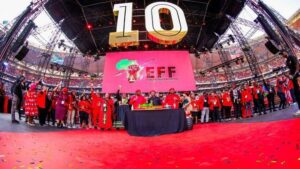
The EFF has a policy on “progressive internationalism,” which seeks the ‘ultimate integration of the African continent through the erosion of unnecessary borders.
According to Mathys, those with an agenda to keep Africa divided frequently misrepresent the integration of Africa in the context of removing borders in the media.
“Our founding manifesto makes pertinent the idea that Africans should have free movement on the continent. The open border policy is propaganda and a term that has been phrased by whites, by the West, who do not want us as Africans to unite. They make us hate each other but come here on our continent whenever they want,” Mathys remarks.
“They want to continue dividing us in Africa, and that is why we are so passionate about the Pan-Afrikan agenda,” she says.
Dumisani Baleni, the EFF Media and Communications Officer for the Gauteng Province, echoed Mathy’s sentiments on the need for African integration through the erosion of borders as a prerequisite for economic development on the continent.
“African borders are a creation and result of the Berlin Conference; for South Africa to prosper, we need Lesotho to prosper, Zimbabwe to prosper, and Eswatini to prosper, and this can only happen if there is economic integration that allows us to piggyback on one another’s strengths,” the spokesperson in South Africa’s largest province by population (and smallest in size) says.
According to Baleni, the people who took land from the indigenous blacks during the period of colonialization are still in possession of the land, whereas those who fought for the land still remain land dispossessed.
He highlights that the EFF, through its policy of expropriation of land without compensation for redistribution, seeks to rectify this economic injustice.
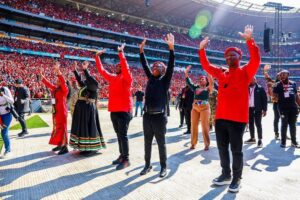
“The economy of this country has been surrendered to the private sector, but it is dwindling. The state should be in charge of massive industrialization, and that is what our party articulates through its seven pillars when we talk about the nationalization of mines, banks, and other strategic sectors,” Baleni explains.
Baleni says EFF’s growing popularity is a result of its ability to articulate its political program in a manner that resonates with the majority of South Africans, who still experience racism on a daily basis through the unequal distribution of resources and the economic disparity that expresses itself through race.
He informed Ubuntu Times of an incident involving a black learner at a private school who was assaulted and later expelled for having dreadlocks, which is against the school’s hairstyle policy.
He said the ANC, which is the governing party and in charge of the education department, has failed to address the issue of black learners who are forced to adhere to white standards, white culture, and white activities, even in aesthetic expressions such as hairstyles.
“Our ground forces went to the school to confront its leadership, and we are still consulting, but we should be cognizant of racial discrimination, which has not been criminalized, and the harmful effects it has on our society,” Baleni says.
In 2024, South Africans will be going to the polls to elect a new government. The EFF is currently the third-most popular party in the country, and its popularity has grown over the ten years since its inception.
The party, which emerged from the shadows of the Marikina Tragedy on August 16, 2012, where thirty-four miners were killed by South African police during a protest for better working conditions, regards itself as the First Line of Defense for South Africa’s economically marginalized.
Leaders in the party, like Baleni, joined in response to the Fees Must Fall Movement, where tertiary education students protested against the high cost of education as a barrier to employment and upward mobility.
It would seem like the material condition of black South Africans is a primary motivator for the growing popularity of the EFF.
Baleni says EFF resonates with South Africans because it has a clear position and clear direction and provides ideological clarity, which speaks to the hopes and aspirations of the black South African majority.

